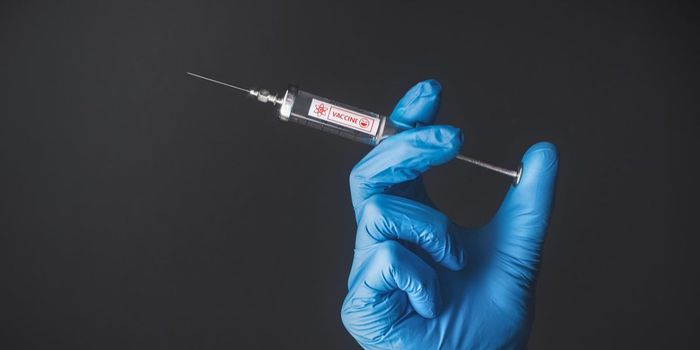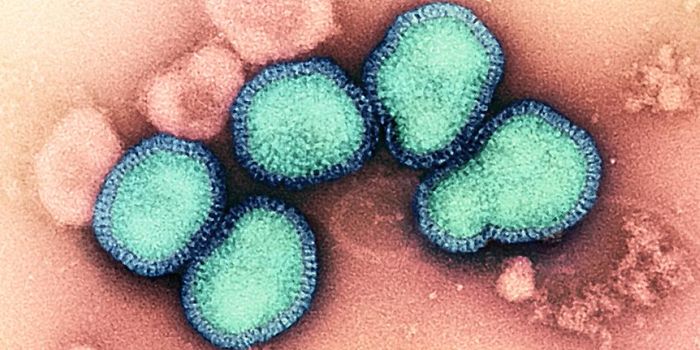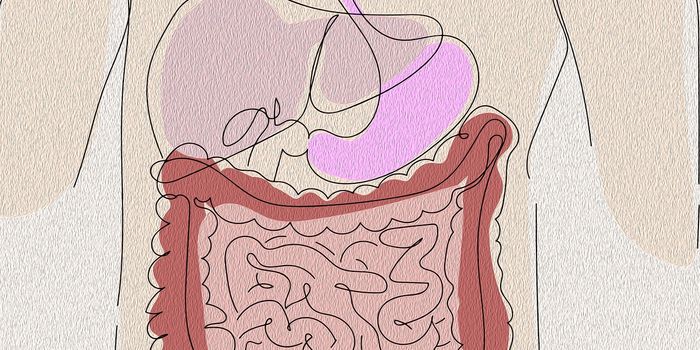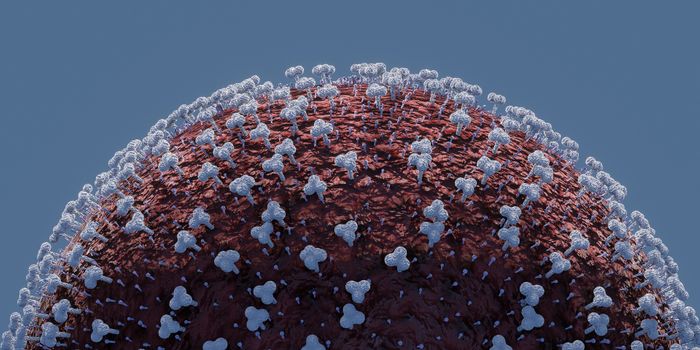Stopping the Spread of COVID by Chewing Gum?
Scientists have developed a special chewing gum that could reduce the risk of spreading SARS-CoV-2. The technology was developed by researchers at the University of Pennsylvania and uses ACE2 proteins as molecular ‘nets’ to trap the coronavirus.
SARS-CoV-2 is known to divide in the salivary glands and is released into the air when an infected individual coughs, speaks, or sneezes. “This gum offers an opportunity to neutralize the virus in the saliva, giving us a simple way to possibly cut down on a source of disease transmission,” said lead researcher Henry Daniell.
Vaccinations have made an enormous impact during the pandemic. However, they don’t altogether remove the risk of vaccinated individuals passing on the virus to the unvaccinated. In a bid to mitigate this risk, Daniell and colleagues began exploring the use of ACE2 proteins to sequester the virus. This protein is the primary receptor gateway for the virus to infect human cells. The researchers had already developed a unique, cost-effective method for producing large amounts of purified ACE2 proteins using plants.
After infusing these plant-grown proteins into the gum, the researchers tested their efficacy using saliva samples from COVID-positive patients. Interestingly, they found that the ACE2 in the chewing gum neutralized the virus. The team plans to test the viability of their innovation in a future clinical trial.
Among the benefits of the anti-COVID chewing gum is that it’s inexpensive to manufacture. The scientists see the gum used as an additional tool to help prevent the spread of the virus alongside masks, social distancing, and physical barriers.









